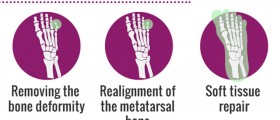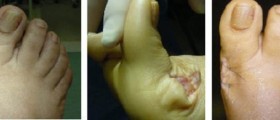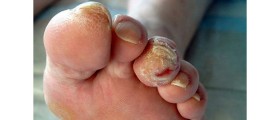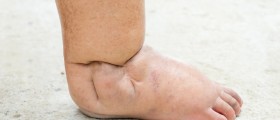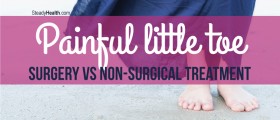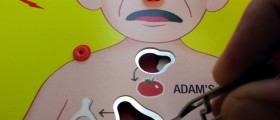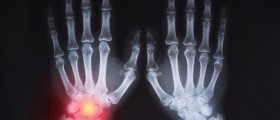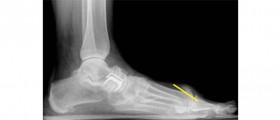Am in my 70s, have a husband who is physically challenged. Had bunion and hammertoe surgery 20 years ago. Unknown to me until last year, the doctor only shaved the bunion. H did not perform a bunionectomy. When he has removed the bandages, saw the bunion was still large, but he downplayed it. Also the hammertoe correction failed within the year. Now, 20 years later, three different doctors are recommending amputation of the hammer toe as 1) normal bunion surgery would also entail removing a large bone spur that is on top of foot and 2) I don't have luxury of downtime needed to recover as am caregiver to my 72 year old husband.
Does anyone have any experience of 2nd toe amputation? It was explained the large toe would continue to drift towards the 3rd middle toe but I should experience a lot less pain and would be adised to wear a bunion brace during the night and daytime as well. The tip of the 2nd toe now has a deformed nail that presses down back into the toe and is very painful, affecting my knee and hip. And yes, I do wear different types of hammertoe OTC solutions, but its so painful at this point, nothing is helping anymore Ty.
Loading...
Hello, mlthom.
It sounds like you've had a challenging experience with your bunion and hammertoe surgery, and I understand that it has been a source of ongoing pain and discomfort for you. If multiple doctors are recommending amputation of the second toe as a solution, it's crucial to have a thorough discussion with them about the potential benefits, risks, and alternatives.
Toe amputation is a serious procedure, and it's understandable that you have concerns about it. If you haven't already, consider seeking a second or even a third opinion from different specialists to make sure you explore all potential treatment options thoroughly.
As a caregiver for your husband, it's essential to consider the impact of any surgery on your ability to care for him during your recovery period. It's essential to have a support system in place to assist you during your healing process.
Before making a decision, ask your doctors about the long-term implications of toe amputation, how it might affect your mobility and balance, and what kind of adjustments you might need to make in your daily life. Also, discuss the potential benefits of bunion surgery, including the removal of the bone spur and how that could address your pain and discomfort.
Additionally, inquire about any non-surgical options that may be available to address your specific situation. Some conditions can be managed with physical therapy, orthotics, or other non-invasive measures. Your doctors should be able to provide a comprehensive overview of all available options and their potential outcomes.
Remember, your unique medical history and current condition will play a significant role in determining the best course of action for you. Therefore, it's crucial to have open and transparent communication with your healthcare providers.
Ultimately, the decision about your treatment should be made in consultation with experienced medical professionals who have a comprehensive understanding of your medical history and current health status. They can guide you towards the best option for your specific situation, taking into account your age, caregiver responsibilities, and overall health.
I wish you all the luck.
Loading...


